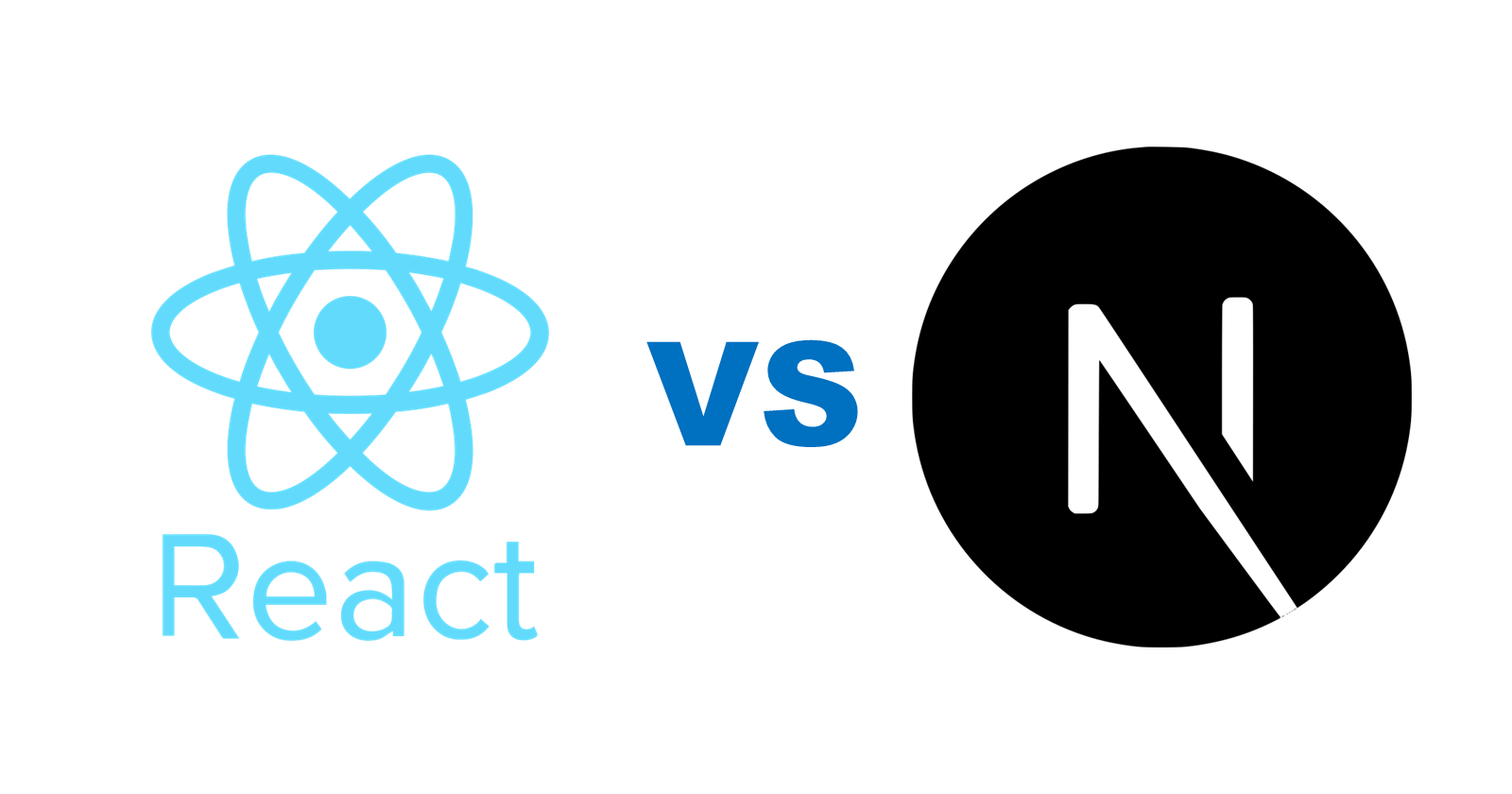Next.js vs React.js: Which JavaScript Framework is Right for You?
 Atharva Mali
Atharva Mali
Next.js and React.js are two popular JavaScript frameworks that are often compared. While both frameworks are used for building web applications, they have some differences.
React.js is a JavaScript library for building user interfaces. React provides a declarative approach to building UIs, making it easy to create reusable components and manage the application state. React uses a virtual DOM to efficiently update the UI and provides a rich ecosystem of libraries and tools.
Next.js is a framework for building server-side rendered React applications. Next.js adds server-side rendering, automatic code splitting, and static site generation to React. Next.js also provides built-in support for TypeScript, CSS modules, and hot module replacement.
Here are some key differences between Next.js and React.js:
Server-side rendering:
Next.js provides built-in server-side rendering, while React.js is focused on client-side rendering. With Next.js, your pages are rendered on the server before being sent to the client, which can improve performance and SEO.
Routing:
Next.js provides built-in routing, while React.js does not. With Next.js, you can define your routes in a 'pages' directory and Next.js will handle the routing for you.
Static site generation:
Nxt.js provides support for static site generation, which can improve the performance and scalability of your application. With static site generation, your pages are pre-rendered at build time and served as static HTML files.
Development experience:
Next.js provides a smoother development experience compared to React.js. With Next.js, you can use hot module replacement to see changes to your code without refreshing the page, and you can use the built-in support for TypeScript and CSS modules.
Conclusion
In conclusion, Next.js and React.js are both powerful frameworks for building web applications. If you need server-side rendering, automatic code splitting, and static site generation, Next.js may be a better choice. If you are focused on client-side rendering and want more control over your application, React.js may be a better choice.
Which framework do you prefer for building web applications - Next.js or React.js? And why?
Subscribe to my newsletter
Read articles from Atharva Mali directly inside your inbox. Subscribe to the newsletter, and don't miss out.
Written by

Atharva Mali
Atharva Mali
I am a tech enthusiast person and enjoy coding. I enjoy programming and learning new programming languages.